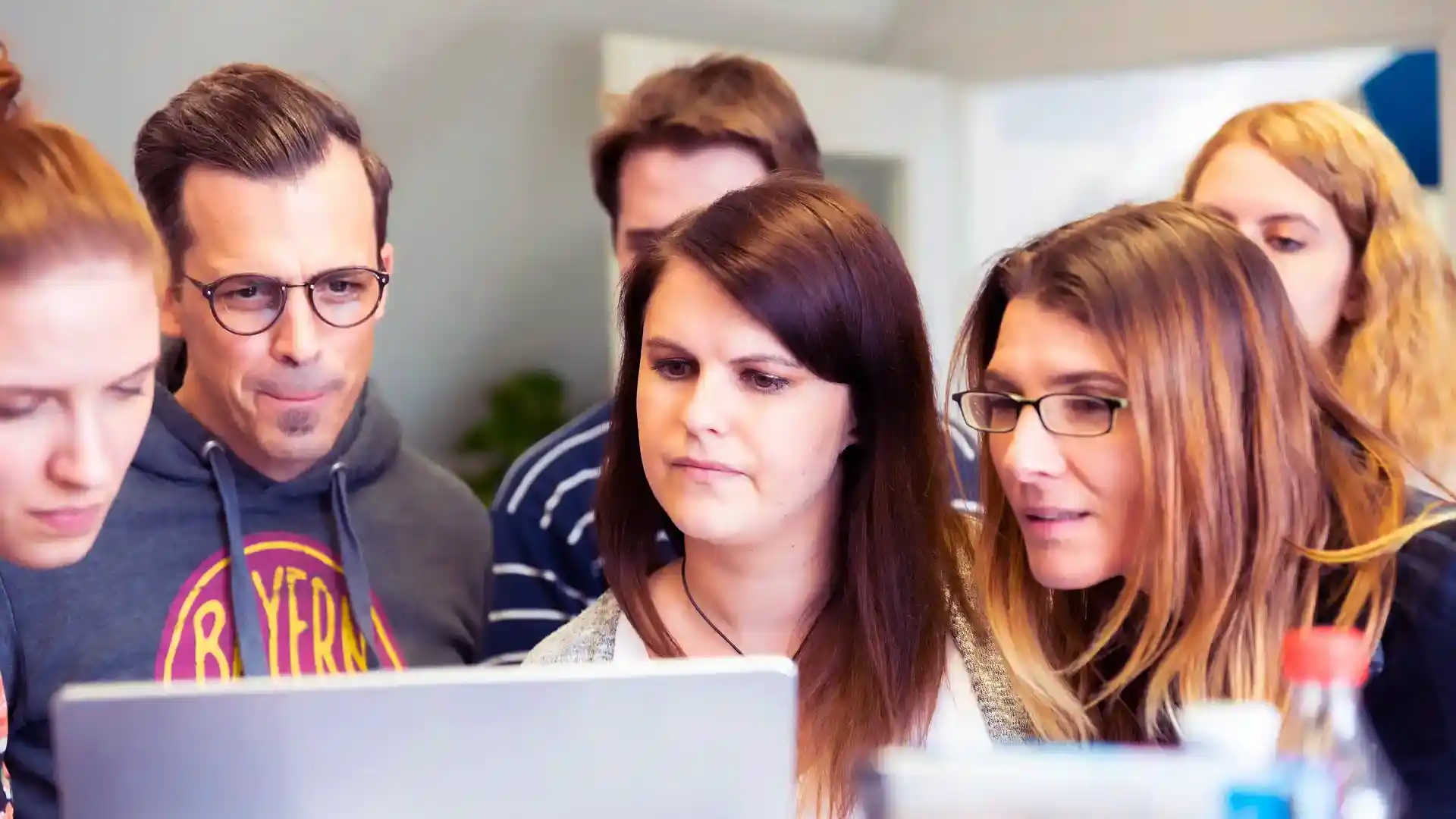
schooling
You will learn WordPress and SEO from us
Many users create their homepage with WordPress, but laypeople quickly reach their technical limits due to a lack of know-how and experience. WordPress is much more complex than you might think and requires a lot of know-how if you want to end up with a professional website.

administration interface
What is the backend?
After logging into WordPress, you will be taken to the "backend" or WordPress workspace, from which you design and organize the entire website. We will show and explain the entire administration interface to you and work on it with you so that you can experience first-hand what effect the respective changes in the backend have on the frontend (the website that appears to the outside world) of the website.
These include
- the dashboard with the home page and updates
- the posts with the categories and tags
- the pages
- the comments
- the design with the existing templates, menus, widgets and customizer
- the users and their roles
- the tools such as data import and export or the website status and
- the settings with the basic settings of the website
Plugins
What are plugins?
The plugins are individually used software extensions of WordPress that are necessary to close the gaps between WordPress and the template used. For example, WordPress does not offer tables by default and templates usually do not either. Anyone who creates a table must therefore install a plugin that allows them to create tables on the website.
The problem is that not all plugins are good and not all do what they claim to do. It takes a lot of experience to pick out the right ones from the 70,000 or so plugins and to know how to go about finding a suitable plugin.
Pagebuilder
What is a page builder?
The first page builders appeared around 10 years ago. They provide flexibility in the individual design of the website. Without a page builder, you are tied to the design and functionality of the installed template. Without a page builder, you have to laboriously make design changes using the website's CSS, which is a huge effort. Page builders are a new tool that allows you to freely design a page or report as you see fit. The most successful page builder is currently Elementor, which also allows you to develop and install your own templates. Every modern website usually works with a page builder like this.

search engine optimization
What is SEO?
The abbreviation "SEO" stands for "Search Engine Optimization". This is all about ensuring that the website or individual pages or reports on the website are easy to find in search engines. SEO does not mean increasing sales! SEO only ensures that the website or parts of it rank better in the search list that the search engine creates based on terms. If you want a lot of users to come to your website, you should ensure that the website is given the best possible placement for numerous keywords and ranks as high as possible, ideally being mentioned as the first website. It is a fact that most users who search on Google or other search engines only look at the first page of the search engine list and only a small proportion look at the other results.
Google in particular does not evaluate a website solely on the basis of keywords and how they are embedded on the page, but also looks at the website's user experience (UX), loading time, links, website traffic, image formats used (are they Google-compliant?), website and text structure, DOM depth, mobile friendliness, and much more. The better a website meets all of these requirements, the better the website will be ranked.
When training WordPress
- we create the right basic understanding of SEO in contrast to the concept of increasing sales
- we show the different SEO plugins
- We explain how to use the respective plugin and how to handle it correctly so that in the end you get an optimal Google snippet, which creates good conditions for a high ranking.
- we explain how important high content quality is, because Google prefers high quality websites and we show how to achieve this
- we teach you User Experience and
- we show you important requirements that Google sets, such as the right image formats or a fast loading time, etc., and how you can achieve this
